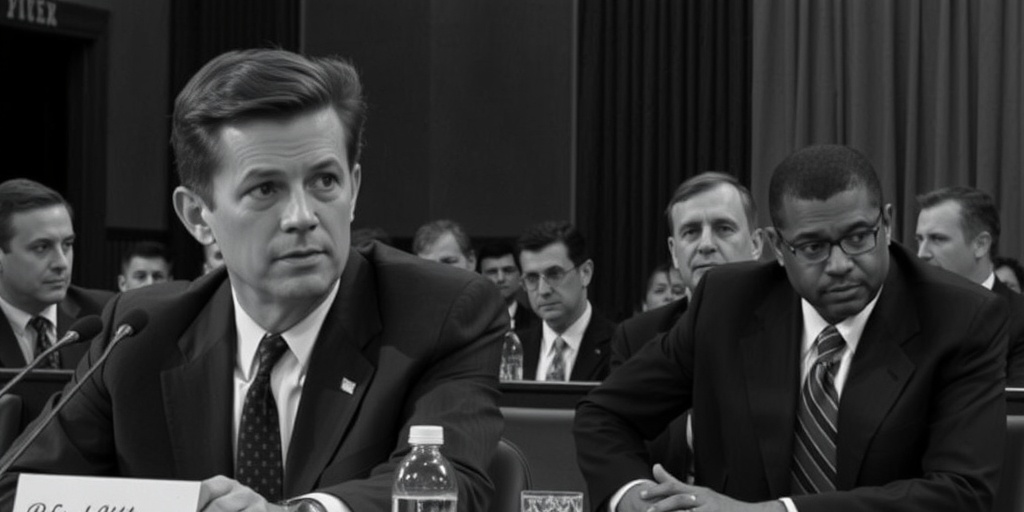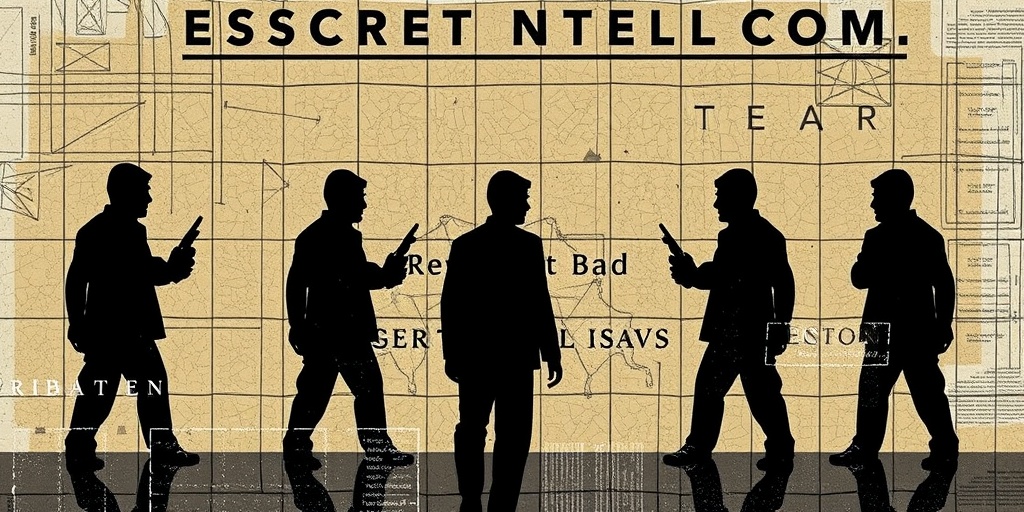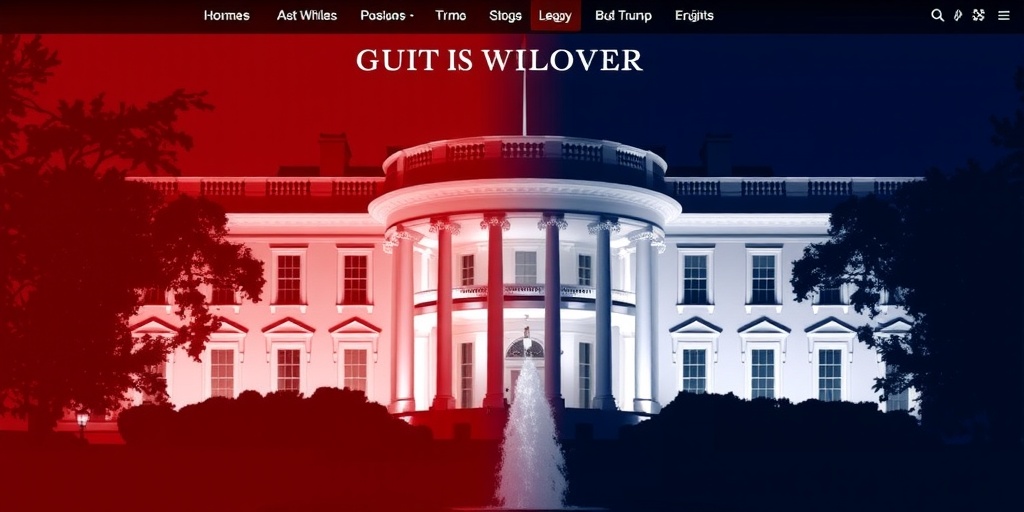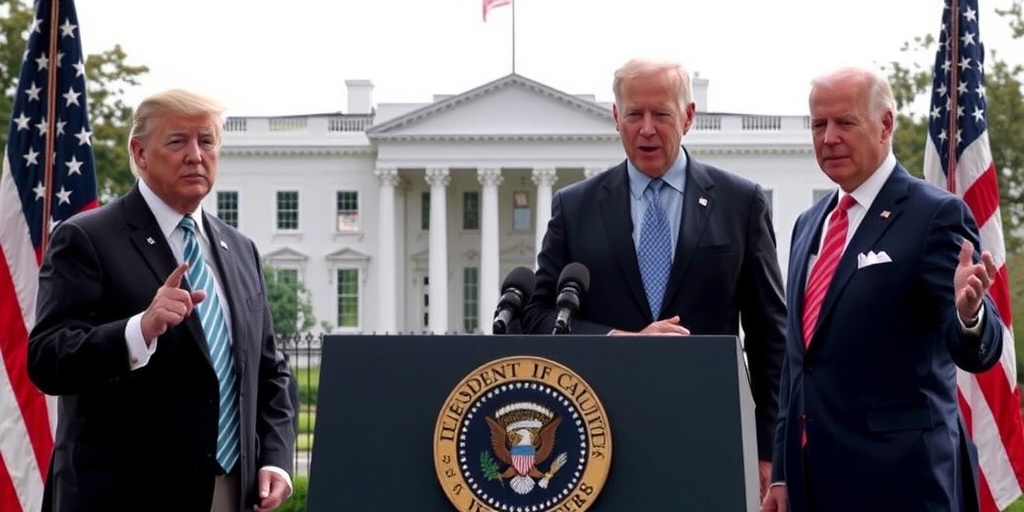Now Reading: Key Highlights from Day 2 of RFK Jr.’s Confirmation Hearings
-
01
Key Highlights from Day 2 of RFK Jr.’s Confirmation Hearings
Key Highlights from Day 2 of RFK Jr.’s Confirmation Hearings

Kennedy Faces Scrutiny During Health Secretary Confirmation Hearings: Five Key Takeaways
Robert F. Kennedy Jr., nominated by President Trump for the position of health secretary, faced intense questioning and drama during his second day of confirmation hearings. The Senate Health Committee hearing, characterized by emotional exchanges and sharp confrontations, raised significant concerns regarding Kennedy’s controversial views on vaccination, specifically among key Republican senators.
Uncertainty Looms Over Key Republican Vote
A pivotal figure in Kennedy’s confirmation process is Senator Bill Cassidy of Louisiana, the chairman of the Senate Health Committee and a doctor. Despite warm encounters, Cassidy did not commit to voting for Kennedy, expressing his apprehension about Kennedy’s past comments undermining vaccine confidence. In the opening of the hearing, Cassidy recounted a heart-wrenching story about a patient whose preventable illness led to a devastating outcome, emphasizing the importance of trusting vaccines that he argued could have saved her life. “Your past of undermining confidence in vaccines with unfounded or misleading arguments concerns me,” he stated. Cassidy’s ambivalence raises questions about whether Kennedy will receive the necessary support from the Republicans on the committee, particularly since he can only afford to lose three GOP votes if the Democrats maintain their solid opposition.
Kennedy Maintains His Vaccine Skepticism
Throughout the heated hearing, Robert F. Kennedy Jr. remained steadfast in his skeptical approach to vaccinations. Despite repeated prompts from Democratic senators to declare that vaccines do not cause autism—a theory that has been widely debunked—Kennedy evaded a definitive answer. Instead, he insisted that he would reconsider his stance only if presented with new scientific evidence. Responding to Cassidy’s request to assure mothers of the safety of measles and hepatitis B vaccines, Kennedy sidestepped the question, stating, "If you show me data, I will be the first person to assure the American people." His refusal to unequivocally support vaccine safety raised red flags among senators concerned about his influence as a potential health secretary.
A Divided Republican Stance on Vaccination
The confirmation hearing highlighted the deep divisions within the Republican Party regarding vaccination. Senators Rand Paul, Markwayne Mullin, and Tommy Tuberville voiced support for Kennedy’s contentious views, suggesting that the safety and necessity of vaccines should be questioned. For instance, when Paul, a physician, suggested that infants might not need hepatitis B vaccinations at birth, Cassidy quickly intervened to counter this position. Mullin further complicated matters by alluding to the disproven link between vaccines and autism, stating, “When you start looking at the rise of autism, why wouldn’t we be looking at everything?” These conflicting opinions suggest that the GOP is grappling with how to reconcile scientific consensus with their constituents’ concerns.
Senators Challenge Kennedy’s Influence
Senators acknowledged Kennedy’s unique position as a potentially powerful health secretary and the extensive platform that comes with it. As a member of the Kennedy family—a name synonymous with American political heritage—his views carry weight among a significant faction of bipartisan constituents. Senator Lisa Murkowski warned Kennedy that many people trust him more than their healthcare providers, urging him not to spread doubt about vaccines publically. This sentiment was echoed by Cassidy, who pressed Kennedy to articulate how he would use his influence responsibly.
Confrontation with Senator Alsobrooks
The hearing took a sharp turn when Senator Angela Alsobrooks, a Democrat from Maryland, challenged Kennedy on troubling comments he previously made about vaccine dosing among different racial groups. Alsobrooks vehemently condemned Kennedy’s claim that Black people should receive different vaccine schedules due to their immune system differences. “Your voice would be a voice that parents would listen to,” she stated firmly, declaring her opposition to his nomination due to the dangerous implications of his views.
As Kennedy continues to navigate his controversial beliefs amid the scrutiny of the Senate Health Committee, his fate hangs in the balance. With critical votes still undecided and public opinion divided, the upcoming weeks will be crucial in determining whether he will ascend to one of the nation’s most significant health positions. This contentious debate raises broader questions about the intersection of science, public health policy, and the politics of vaccination in America.
Stay Informed With the Latest & Most Important News
Previous Post
Next Post
-
 01New technology breakthrough has everyone talking right now
01New technology breakthrough has everyone talking right now -
 02Unbelievable life hack everyone needs to try today
02Unbelievable life hack everyone needs to try today -
 03Fascinating discovery found buried deep beneath the ocean
03Fascinating discovery found buried deep beneath the ocean -
 04Man invents genius device that solves everyday problems
04Man invents genius device that solves everyday problems -
 05Shocking discovery that changes what we know forever
05Shocking discovery that changes what we know forever -
 06Internet goes wild over celebrity’s unexpected fashion choice
06Internet goes wild over celebrity’s unexpected fashion choice -
 07Rare animal sighting stuns scientists and wildlife lovers
07Rare animal sighting stuns scientists and wildlife lovers





















